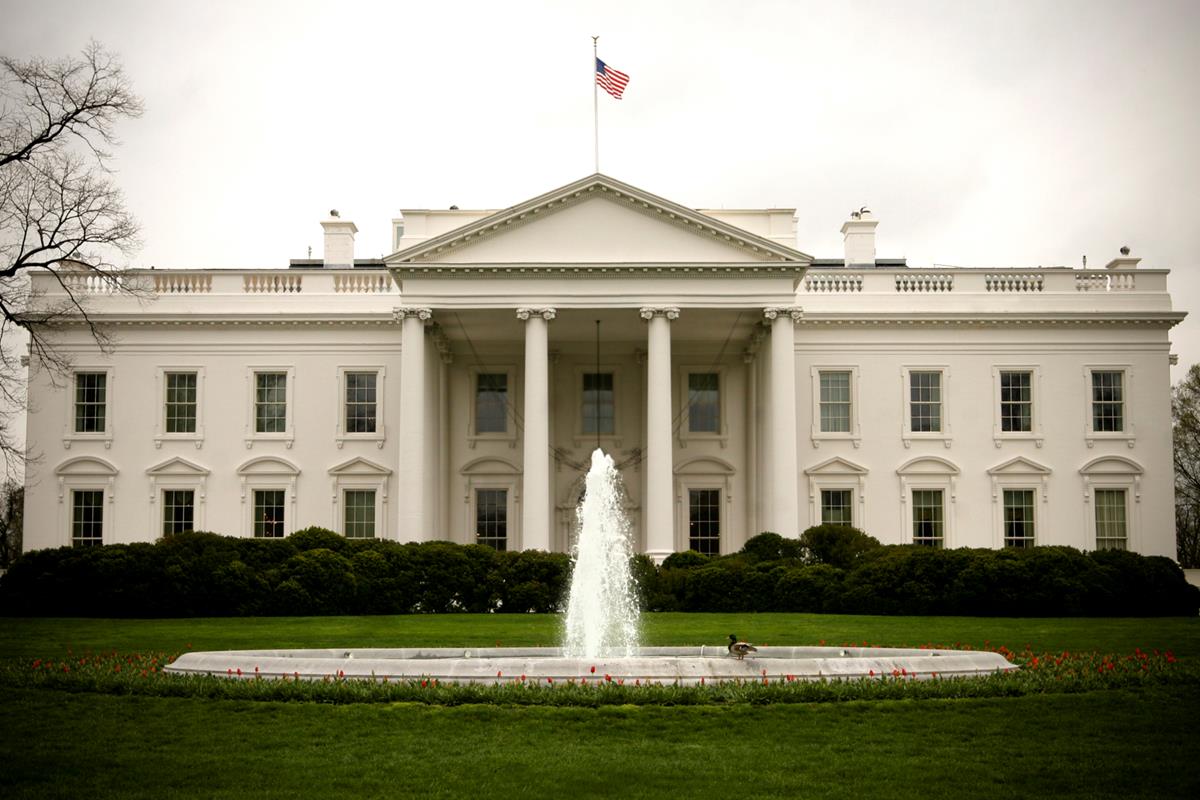COVID-19 Response: Presidential Payroll Tax Deferral – Knowns & Unknowns

Washington D.C. (August 14, 2020) - On August 8, 2020, President Trump directed the U.S. Secretary of the Treasury “to use his authority to defer certain payroll tax obligations with respect to the American workers most in need." Presidential Memoranda: Memorandum on Deferring Payroll Tax Obligations in Light of the Ongoing COVID-19 Disaster (August 8, 2020).
The President's directive sketches out how this deferral of taxes would work, but raises numerous questions. Below is our take on what we know, what we do not know, and what employers should do now.
What We Know
Effective Dates: Taxes on wages or compensation paid from September 1, 2020 through December 31, 2020.
Eligible Taxes: Employee share (6.2%) of the Social Security tax (technically, Old-Age, Survivors, and Disability Insurance tax) that employers normally withhold from paychecks and remit to the U.S. Government. The taxes can be deferred “without any penalties, interest, additional amount, or addition to tax.”
Eligible Employees: Employees earning less than $4,000 bi-weekly (less than $104,000 annually).
Implementation: The Secretary of the Treasury (practically speaking, the IRS) "shall issue guidance to implement" the Presidential Memorandum.
Voluntary: Employers will not be required to defer these payroll taxes.
What We Do Not Know
Timing of Implementing Guidance: When will the IRS issue implementing guidance?
Attempts to Abort: Will members of Congress attempt to abort this deferral opportunity by, for example, introducing legislation to override it, restricting implementation funding to the IRS, or holding hearings? Will lawsuits be filed to abort the initiative?
Timing of Repayment: When will deferred taxes have to be repaid?
Responsibility to Repay: By whom will deferred taxes have to be repaid? Technically, employees are responsible for their 6.2% share of Social Security taxes. Administratively, however, employers generally withhold and remit the taxes and, therefore, would be the ones deferring the taxes.
Possible Forgiveness: Could deferred taxes eventually be forgiven? The Presidential Memorandum directs the Treasury Department to explore avenues, including legislation, to eliminate the obligation to pay taxes deferred under the Memorandum. President Trump publicly has stated that, if reelected, he intends to introduce legislation forgiving the deferred taxes. Unless enacted legislation forgives deferred taxes, they will have to be repaid, albeit without penalties or interest.
What Employers Should Do Now
While awaiting implementation guidance, employers should decide whether to defer eligible payroll taxes on wages or compensation paid starting September 1, 2020. As previously noted, the program is voluntary, not mandatory. Until the IRS issues implementing guidance, there is nothing else employers need to (or can) do.
Lewis Brisbois’ Tax Team is monitoring this issue and will provide further updates once implementing guidance has been released or as other substantive developments occur. For more information, contact the author of this alert. Visit our COVID-19 Response Resource Center for more alerts on the many areas of the law impacted by the pandemic.
Authors:
John J. Heber, Partner
Related Practices
- COVID-19: Tax Implications
- COVID-19 Response Resource Center
- Tax
- COVID-19: Labor & Employment
- Labor & Employment